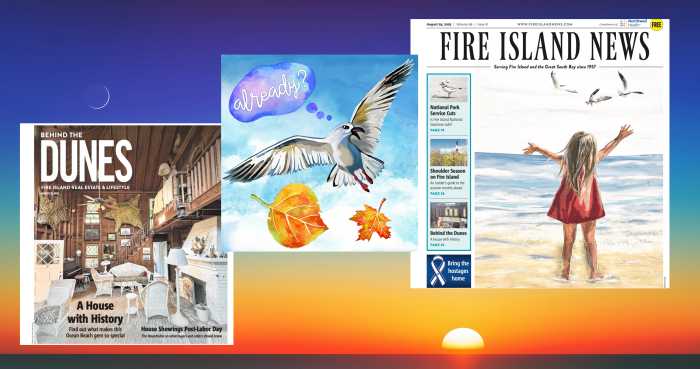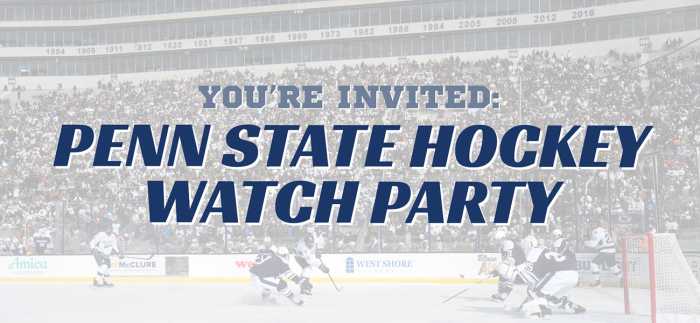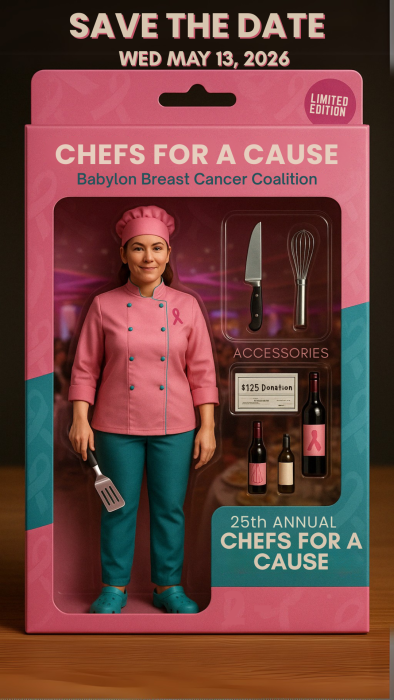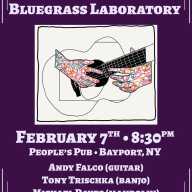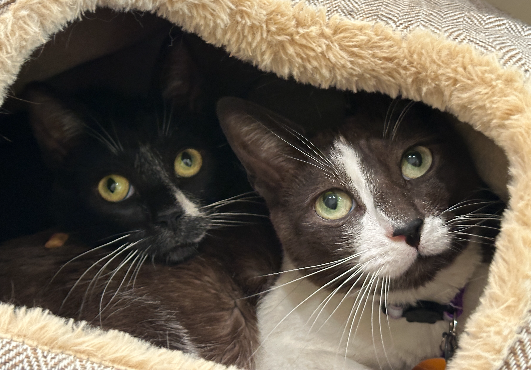with Samantha Curra
Dear Doctor,
I’ve heard before that a healthy person should be drinking eight to 10 glasses of water a day. Is this a realistic goal? I’ve tried everything – from setting alarms to carrying around fancy refillable bottles – but still end up slacking on my water intake. Are there alternatives that can help me stay hydrated?
Sincerely,
Thirsty for Options
Dear Thirsty:
Staying hydrated is crucial for overall health, but the specific amount of water needed can vary from person to person. For example, a pregnant woman would need to drink more in order to support fetal circulation, amniotic fluid, and a higher blood volume. If someone is exercising or in a hot climate, they’ll need to increase their fluids, too, because the more we sweat, the more water our bodies lose. It really all comes down to what feels safe, realistic, and sustainable for you.
Drinking enough water is important and is certainly the healthiest way to quench your thirst, but tapping into additional beverage and food sources can actually help you reach your hydration goals faster – especially if they’re rich in electrolytes and good (unprocessed) carbohydrates for extra absorption power.
For instance, the first thing you can do is add more fruits and veggies to your daily diet. Foods like cucumbers, cantaloupe, oranges, strawberries, and watermelon all have a high-water content. You can even infuse them into your water to add an extra boost with some natural flavor.
Coffee and tea drinkers are also in luck – as long as you’re sticking to decaf (sorry, caffeine lovers!). Caffeine is a diuretic, which increases production of urine and flushes out the water in your system, but coffee itself is about 99% water, so it’s a great alternative. Just watch how much sugar you’re adding to your daily cup.
And while beverages like coconut water, smoothies, and juices might seem like easy ways to sneak a bit of extra hydration in, they tend to be packed with tons of processed sugar, so be careful to read labels before you substitute one of these for a daily glass of water.
Another thing to consider when mapping your path to hitting your hydration goals is the salt content of the foods you eat. While sodium is technically great for hydration because it helps you retain water, it’s best consumed in moderation. So, stick with foods that are lightly salted, including nuts, pretzels, and popcorn, which are all healthy.
Experiment with different options to find what works best for you. As long as you incorporate water, electrolytes, and good carbs into your daily routine, you can’t go wrong.



